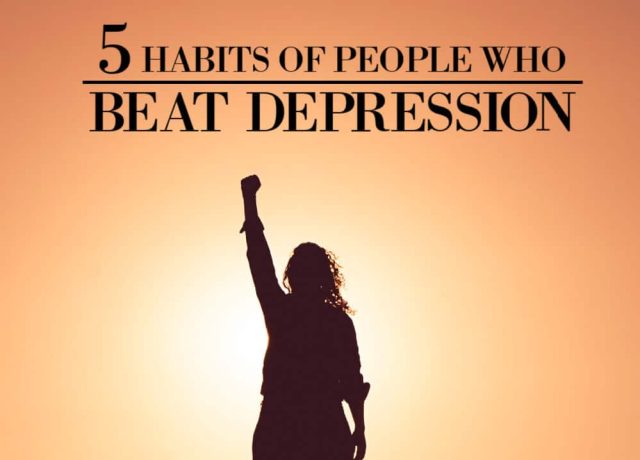Understanding and Overcoming Depression
Depression can be life-threatening if ignored, but with the right support, it’s possible to overcome it. The American Psychiatric Association defines depression as:
“Depression (major depressive disorder) is a common and serious medical illness that negatively affects how you feel, the way you think, and how you act.”
This clarifies that depression isn’t just a normal part of life—it’s a medical condition, not something everyone will naturally experience.
What Causes Depression?
Depression doesn’t have a single cause. As Harvard Medical School explains:
“Depression isn’t just about chemical imbalances in the brain. It can stem from genetic factors, stressful life events, medical issues, medications, and how the brain regulates mood.”
While treatments vary depending on the cause, certain habits can help anyone manage depression—and even improve overall well-being.
5 Habits of People Who Beat Depression
1. They Prioritize Rest
- Slowing down helps recovery—pushing too hard harms both body and mind.
- Poor sleep leads to weight gain, poor focus, and higher risks of heart disease and stroke.
- Even oversleeping (especially in teens) is linked to depression.
2. They Stay Active
- Inactivity worsens depression, but depression makes activity feel impossible.
- Even if exercise isn’t enjoyable at first, pushing through helps.
- Start small and build gradually—progress matters more than perfection.
3. They Avoid Overthinking
- Depression brings ups and downs; don’t dwell on setbacks.
- Thoughts feel powerful, but you control which ones to focus on.
- As Proverbs 4:23 says: “Guard your heart, for it determines the course of your life.”
4. They Stay Connected
- Socializing may feel draining, but isolation makes depression worse.
- Even small interactions build resilience against stress.
- Like exercise: keep going even when it’s hard, and restart if needed.
5. They Eat Well
- Depression can lead to overeating (for comfort) or undereating (from loss of appetite).
- Processed foods, sugar, and alcohol are linked to higher depression risk.
- Tracking meals and emotions around food helps regain control.
Final Thoughts
Recovery takes time, but these habits create a strong foundation. With patience and support, you can not only heal but thrive.



























